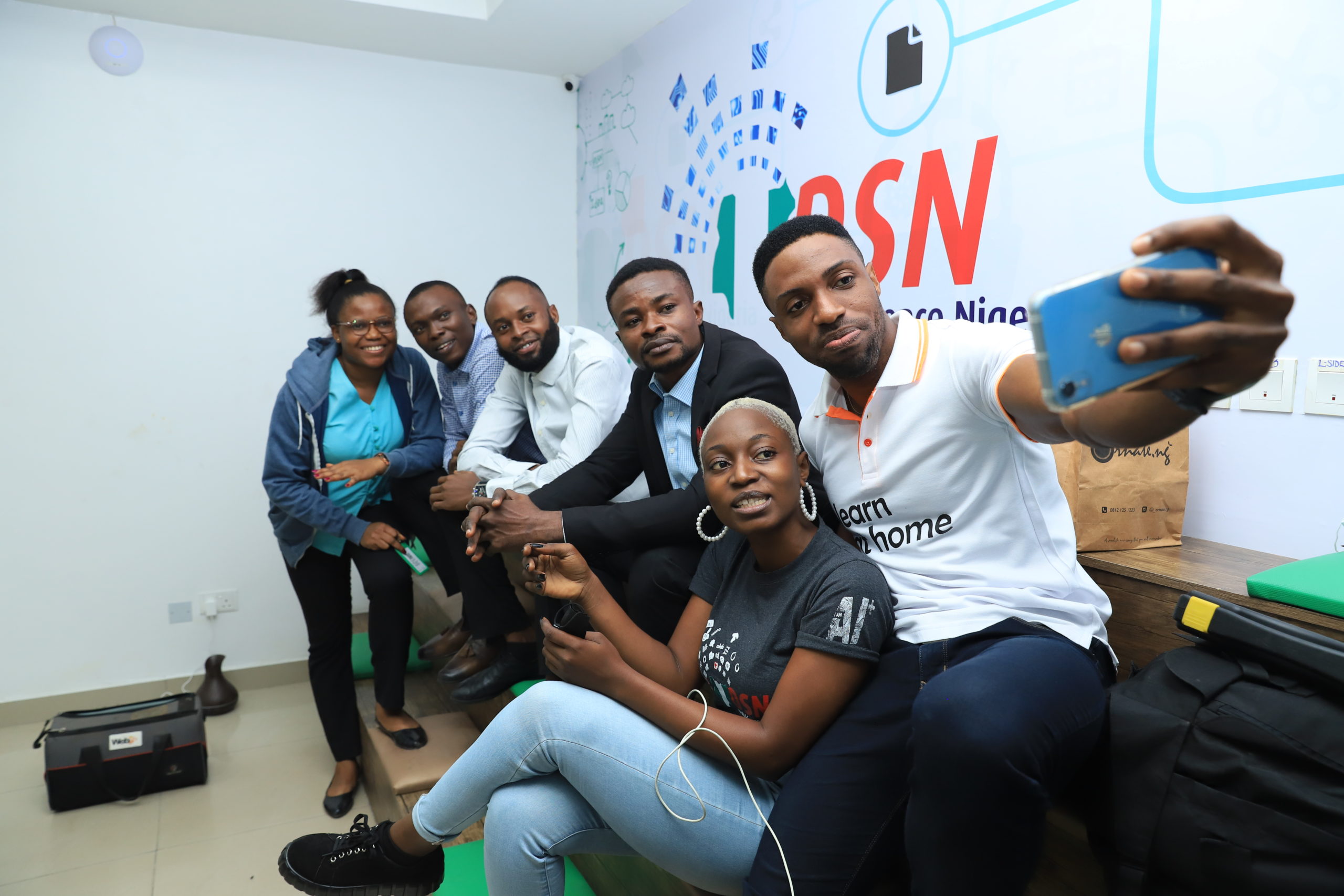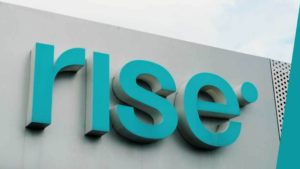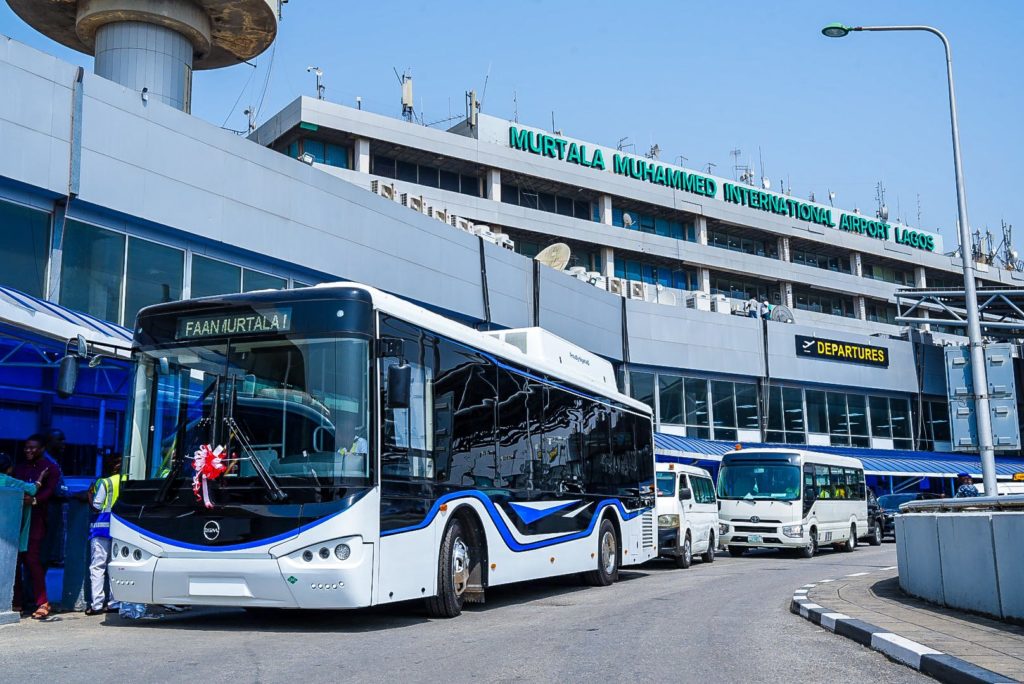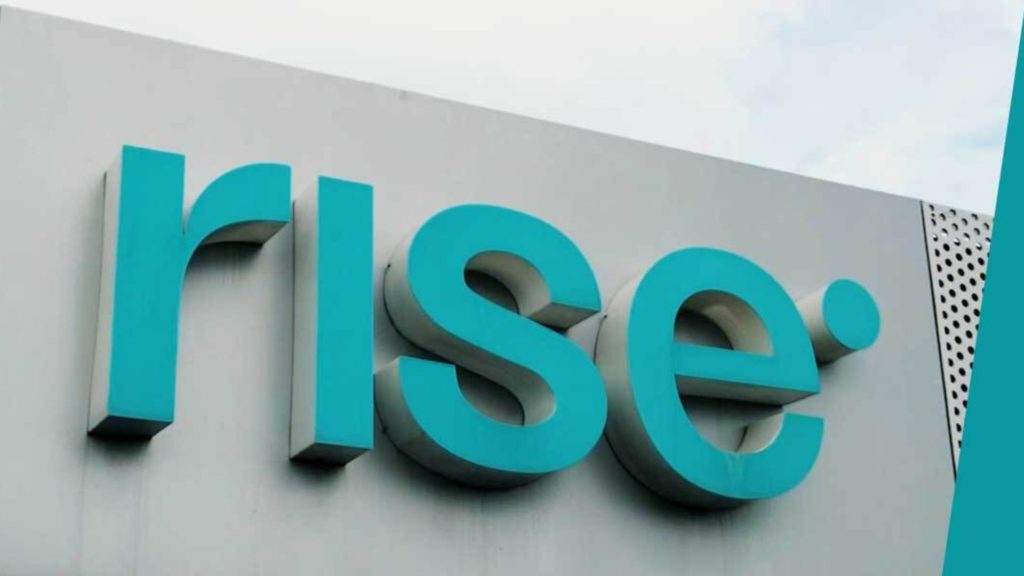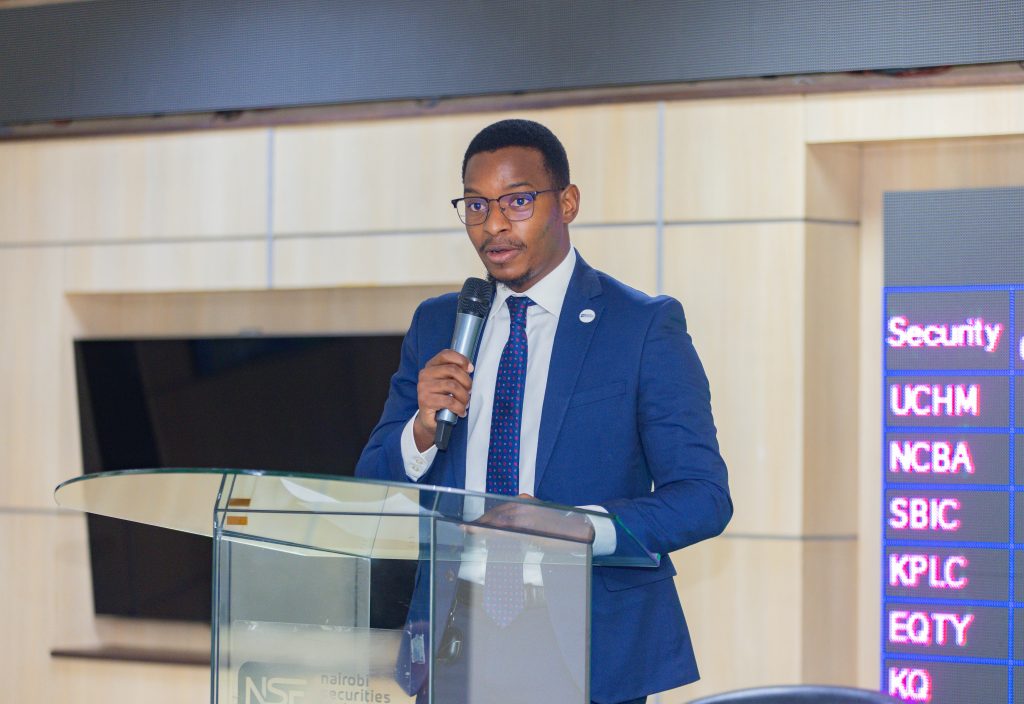In 2014, Olubayo Adekanmbi, a data analytics expert, took a study leave from MTN Nigeria to complete a PhD in London. He was the general manager of Analytics, Business Intelligence & Data Science at the telco giant where he led the day-to-day management of the biggest database in Africa.
During his PhD, he travelled around the world – UK, China, India and the US – for data collection. He got, more than before, exposed to the vast economic values of big data and artificial intelligence. He saw how universities’ AI researchers and their technologies were seamlessly being deployed into the tech ecosystem to drive new market frontiers, particularly in the UK where he spent a lot of time.
Back home, this was non-existent; universities and industries weren’t in perfect harmony and there was little or no exchange of experts or technologies that drove growth between them. This new experience not only changed his worldview but made him start thinking of building homegrown data scientists and artificial intelligence experts.
So when he returned to Nigeria in October 2016, he launched into action to build what would become the biggest data network in Africa: Data Science Nigeria (DSN).
DSN launched as a not-for-profit organisation with the mission to build one million data and AI scientists in 10 years. Almost five years later, over 500,000 people have passed through its various free training programmes, and it has opened three hubs across Lagos, including the new and first AI hub in West Africa where it plans to nurture AI-enabled startups.
Restructuring for the greater good
DSN plans to restructure its business model to include some for-profit enterprises. Though the company is not completely pivoting out of its founding mission, the plan is to create some monetised channels that can bankroll its not-for-profit engagement and keep the lights on.
Building digital products for the underserved
Firstly, DSN has majorly existed on grants, donations and family funding from its founders. To scale and become a major African talent bakehouse, it must look for other sources of revenue, and it has decided to build commercial products that will be monetised at scale.
Secondly, according to Adekambi, the foundation of DSN is built on three principles: learning, impact, and sustainability. And these three principles translate into building super talents and products that can be seamlessly shipped into the industry, like in the UK, India and the US. The organisation has closed half of its talent projections and is now moving towards deploying those talents to building solutions for real-life problems.
Among other products that are in its pipeline, the data talent factory has built SpotOn, a digital addressing software, and LearnAtHome.radio that helps students learn on feature phones. These two products are ready for commercial success as they lead DSN’s foray into building scalable products.
Spot On is creating a digital footprint for the underserved
According to the United Nations, over 75% of countries have poor addressing systems. In Africa, more than 400 million people are at a disadvantage of accessing opportunities that require a documented address like e-commerce, banking and more.
SpotOn is primarily an electronic addressing software that allocates digital addresses to people using their phone numbers, especially those living in low-income areas. But it does more than that: users can list their goods and services on SpotOn. For instance, a roadside plumber, who now has an address, can list his services, prices and work time on the platform. This means people can spot users’ addresses and businesses by just searching with their phone numbers.
SpotOn also provides an e-wallet that can receive, send and save money; users’ phone numbers represent their account numbers. The product is bundling three standalone verticals – addressing, e-commerce and fintech – into one product.
Think of OkHi, Bumpa and Eyowo as features of a single product.
“There’s a lot you can do offline with your phone number. We are doing more than setting a digital footprint for our target audience; we are helping them digitise their commerce,” Adekanmbi said. “It’s an intentional end-to-end solution that creates social welfare for low-income residents because they are now digitally traceable and can build digital credentials that translate to value for them in the long term.”
SpotOn is currently undergoing beta testing in one of the largest markets in Lagos. The company says the feedback has been great.
However, the addressing feature of the product has been largely deployed by the Bill and Melinda Gates Foundation to map health facilities and pharmaceutical shops across Nigeria, in a deal that came in the form of a grant worth over $1.3 million.
The company said the platform will be free to use once it’s out of beta. Once a user begins to make transactions with their wallet, they will be charged a particular commission. However, SpotOn’s biggest source of revenue will come from selling insights to industries like FMCGs.
Speaking on the issue of capitalising on providing insight for industries, Adekanmbi said “we are first a data company and the broadband data generated on SpotOn can support large businesses who want to have access to our audience which are predominantly low-income households. So they will be able to understand the point of interest hotspot, a movement pattern and consumption behaviour, and that is what we’re going to make available to them for a fee.”
Bringing interactive learning to the underserved
In the heat of the pandemic, lots of kids from low-income households and communities were left with no alternative to learning as there were no facilities that could help them learn online. Most of them don’t have smartphones, and those who do would rather buy food than internet data.
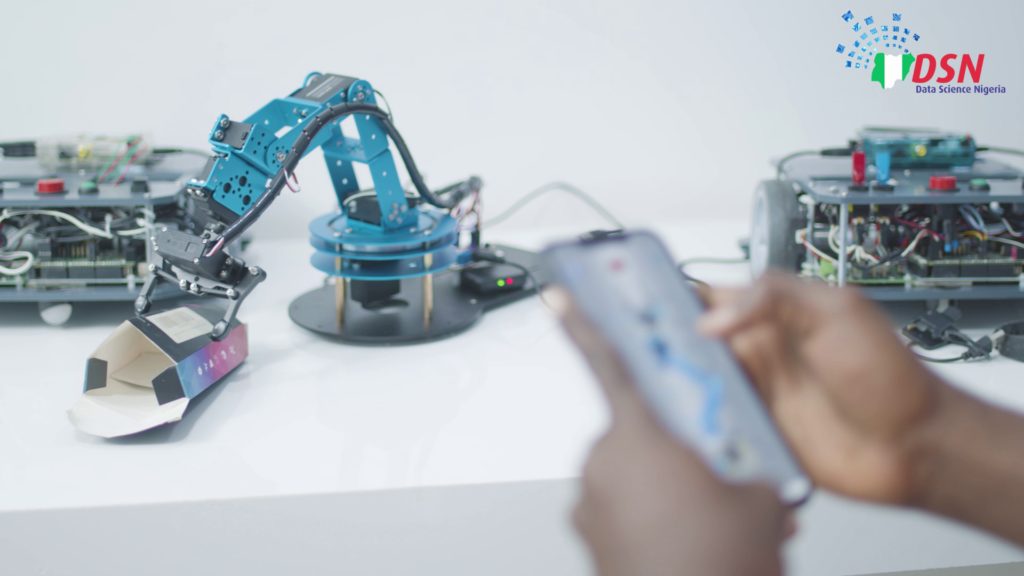
Though the government instituted educational programmes on the radio where teachers come and teach and pupils listen, this particular method is passive and somewhat inefficient; it’s a one-way teaching technique and has no way of testing pupils’ comprehension and collecting feedback.
Adekanmbi said DSN, through funding from the Mastercard Foundation, built LearnAtHome.radio to provide interactive learning that can be accessed on a feature phone. It needs no internet access and it’s a more effective and efficient way of radio learning.
This is how LearnAtHome works: Students access different classes when they click the links in the SMS sent to them. They listen or watch a teacher taking the subject and then, during the class, the teacher directs them to a shortcode where they can do some quizzes immediately based on the topic being taught.
The student can then proceed to access more SMS quizzes after the class, via an “interactive learning engine”. The quiz becomes more complex as they proceed in the subject, just like in a physical school setting. And if they are not doing well in solving quizzes, more SMS that further explain the problem will be sent to them.
“The whole idea is to create a learning experience that must be accessible on feature phones, make radio more interactive, create a web interface that can be deployed on feature phones, and of course, create a massive adaptive AI learning engine that personalises learning by delivering learning as SMS,” said Adekanmbi.
LearnAtHome is reported to have over eight million users – about 25% growth from June this year when it opened its AI hub in Yaba. About 70% of its users are from the northern part of Nigeria, showing that it truly targets people with lesser or no access to the internet.
“Solutions that solve actual problems don’t need hard-sell. We talked to parents physically, in the market and on the street, about the benefits of the product. We deployed radio jingles, and NYSC members have also been one of our great advocates,” Adekambi said when asked how the platform was able to gain traction in such a short time.









